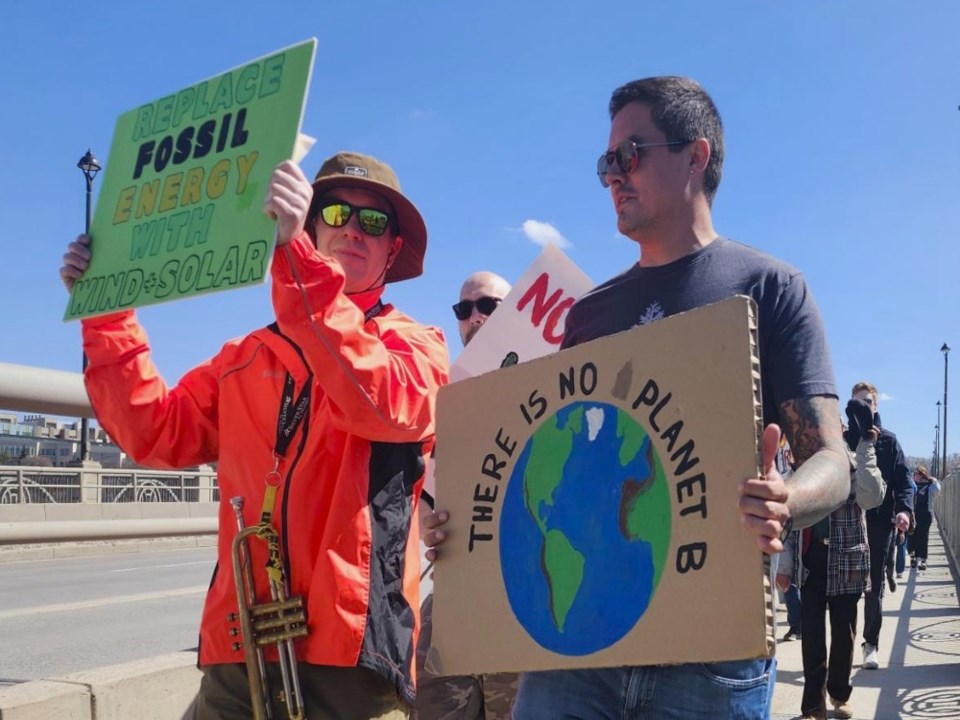SASKATOON — Climate activist Glenn Wright is urging Canada’s federal and provincial leaders to rethink the country’s energy priorities, as devastating wildfires, which have affected the lives of thousands in northern Saskatchewan,I continue to rise.
Wright, a volunteer organizer with Saskatoon Climate Hub and Climate Justice Saskatoon, told SaskToday he sees a connection between climate change and the ongoing forest fires, as it appears to dry out forests and lead to more extreme weather.
“When you have extreme droughts, you have a much greater fire risk. You have some of those type of people who don't seem to care about climate change or forest fires. What I would say, though, is there's a whole management issue with the northern boreal forest,” said Wright.
“The boreal forest in recent years has turned from being a carbon sink into now being a carbon source. It's actually giving up more carbon dioxide to the atmosphere with all of these uncontrolled fires.”
He added that government officials should find a way to manage the forest to prevent destructive wildfires that contribute to carbon emissions, while also helping the forest regenerate and become a stable habitat.
“It will help us remove carbon from the atmosphere. Because the easiest and cheapest way to take carbon out of the atmosphere is photosynthesis. And that means encouraging green cover and trees,” said Wright.
“We need a strategy that helps forests regenerate and become stable habitats again.”
Wright said the climate crisis has not been abated and has actually worsened, with greenhouse gas and carbon emissions increasing worldwide. Canada, however, has dropped its emissions by eight per cent from 2005.
“I think this is where, again, there's a really important opportunity for power lines, not pipelines, because we actually trade more electricity with the United States than we do from province to province. To strengthen our country, and to maximize renewable energy’s potential, we need stronger interconnections between each province,” said Wright.
“It hasn't happened in the past, because our constitution is set up in such a way that each province really manages their own electricity, and so they operate almost as islands, as very small interconnections. If we strengthen those interconnections, we'll be able to strengthen our sovereignty as a nation, our energy sovereignty, and we'll be able to open up the possibilities for clean energy, like wind and solar in particular.”




